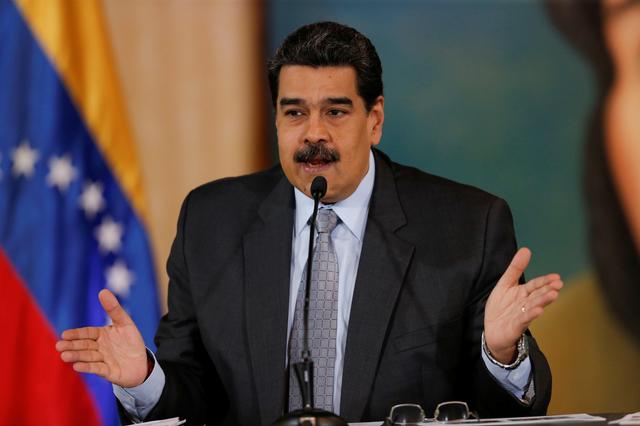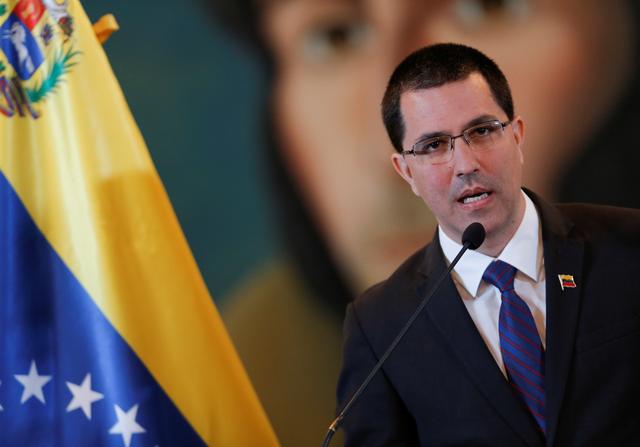Talking about the xenophobia unleashed against Venezuelans in
Colombia, Ecuador and especially Peru, I found this
article . The discrimination and bullying have increased enormously in Peru in response to a
crime of murder of two people and subsequent dismembering of the corpse by 5 venezuelans in Lima, peru. It is true that many delinquents left the country and they are damaging the reputation of good citizens and workers, as is often the case. I hope they catch all the criminals who in Venezuela do what they want at will. We are tired of so much criminality and impunity.
All three of those Countries, (Colombia, Ecuador and Peru) are experiencing inner turmoil. Outside immigration is only one problem.
Peru:
Explainer: Rebellion in Congress - How Peru tipped into political crisis

Oct. 2, 2019 - Peruvian President Martin Vizcarra's drive to clean up the ruling class after a series of graft scandals has left the South American country with an open rebellion in a dissolved Congress as its political crisis takes a dramatic turn into the unknown.
Peru military, police back Vizcarra as rebel lawmakers vow loyalty to VP

Oct. 2, 2019 - Peru's armed forces and police reaffirmed allegiance to President Martin Vizcarra late on Monday after his move to close Congress prompted dozens of dismissed lawmakers to pledge loyalty to vice president in a deepening political standoff.
Peru's VP gives up claim to the presidency in blow to opposition

Oct. 1, 2019 - Peru's vice president renounced her claim to the presidency on Tuesday in a surprise twist to a constitutional crisis, dealing a fresh blow to a rebel band of former lawmakers resisting President Martin Vizcarra's dissolution of Congress.
Peru's Vizcarra unveils new Cabinet as leadership challenge fizzles out
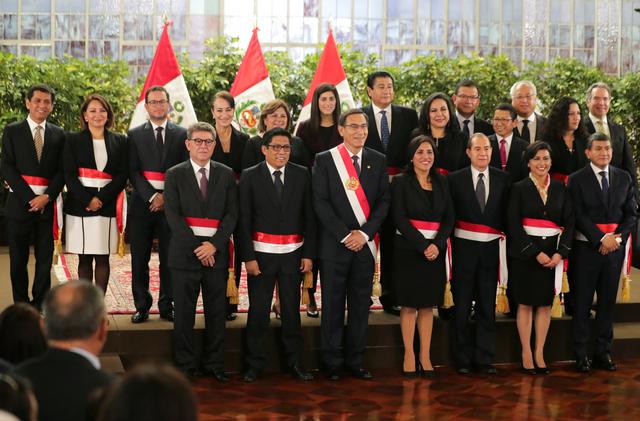
Oct. 3, 2019 - Peru's centrist President Martin Vizcarra swore in a new Cabinet on Thursday as a challenge to his leadership by dismissed lawmakers fizzled out, potentially ushering in a rare period of political calm in the South American nation.
Ecuador:
Ecuador declares state of emergency amid protests

Oct. 3, 2019 - Ecuador's President Lenin Moreno declared a state of emergency on Thursday as massive nationwide protests broke out against the elimination of four-decade-old fuel subsidies.
Violent protests in Ecuador caused by fuel price rise are ending: President
Oct. 3, 2019 - Protests caused by the elimination of fuel subsidies are ending, Ecuador's President Lenin Moreno said on Thursday, after their removal sparked the Andean oil producer's worst civil unrest in years.
Ecuador declares state of emergency as fuel protesters battle police
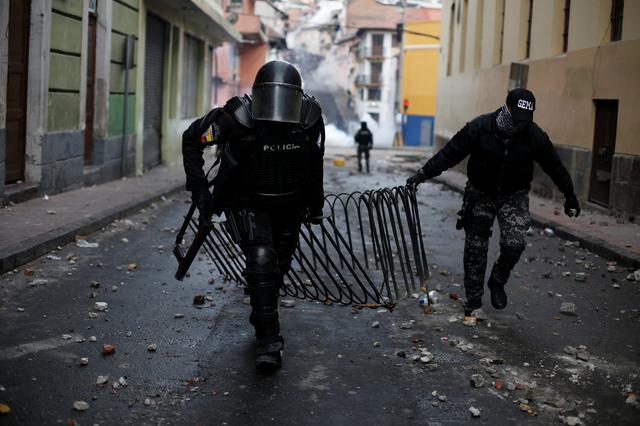
Ecuador's President Lenin Moreno declared a state of emergency on Thursday as protesters hurled stones and erected burning barricades after the end of decades-old fuel subsidies as part of a $2 billion government fiscal reform package.
Ecuador president refuses to scrap fuel measure causing protests
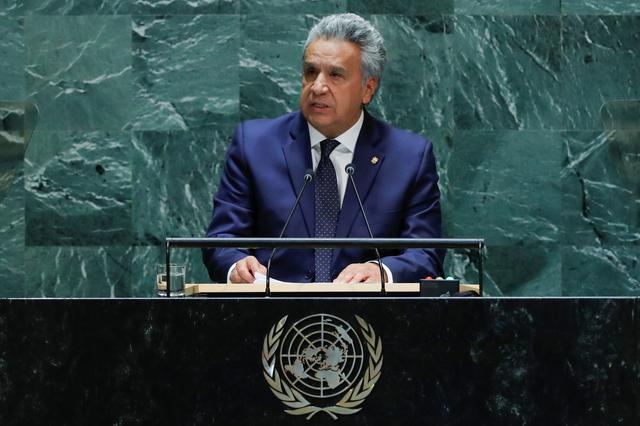
Oct.4, 2019 - Ecuador's President Lenin Moreno said on Friday he was open to talks with protesters but would not withdraw his decision to cut fuel subsidies that have triggered the worst unrest in years.
Ecuador transport unions suspend protests against cuts to fuel-subsidy
Ecuadorean transport unions agreed on Friday to suspend protests against President Lenin Moreno's scrapping of fuel-subsidies, a union spokesman said, after two days of unrest that halted transport nation-wide and resulted in almost 370 arrests.
Ecuador unions call off anti-austerity protests after 370 arrests in two days
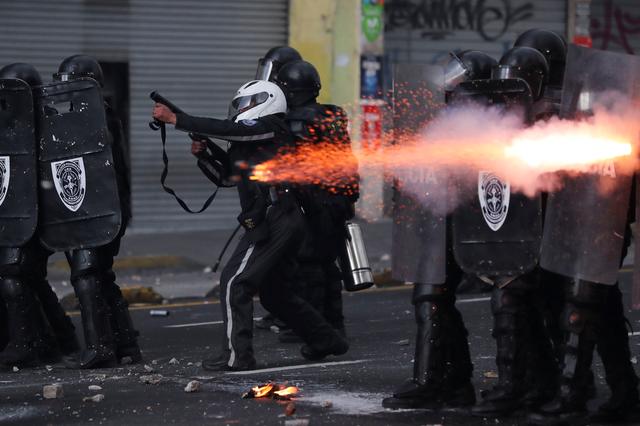
Oct. 4, 2019 - Ecuador's transport unions on Friday called off protests against the scrapping of fuel subsidies by President Lenin Moreno after two days of unrest that halted transport nationwide and resulted in almost 370 arrests.
Ecuador indigenous groups, workers keep pressure on Moreno
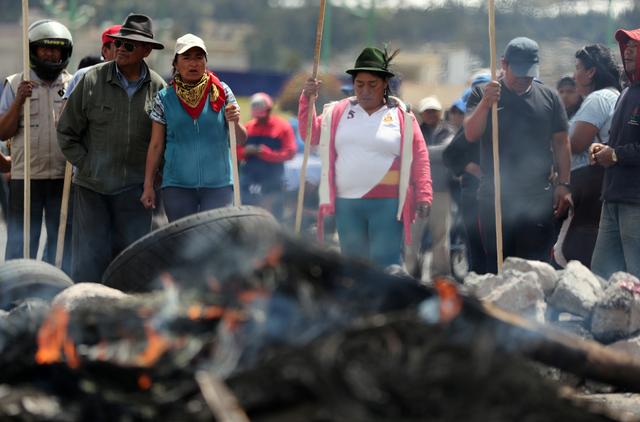
Oct. 5, 2019 - Ecuadorean indigenous and union organizations kept protests going on Saturday and promised no let-up in their push to overturn austerity measures by President Lenin Moreno's government that have convulsed the nation for three days.
Colombia:
Colombia’s Trasandino pipeline damaged in bombing
Oct. 5, 2019 - Colombia's Trasandino pipeline was damaged in a bomb attack, state-run oil company Ecopetrol said on Saturday, spilling crude into a nearby river.
Venezuela:
Russian deputy prime minister in Venezuela to support Maduro
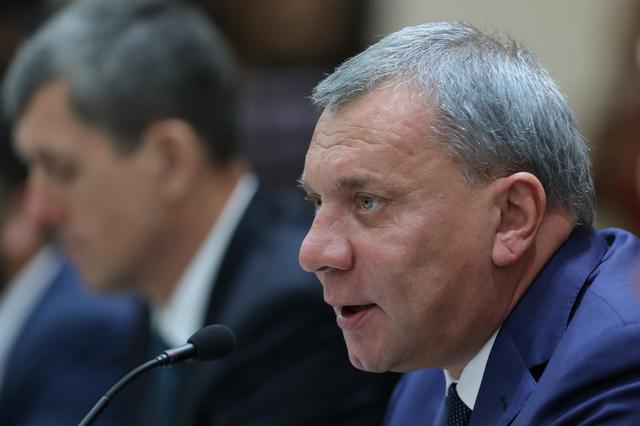
Oct. 5, 2019 - Russian Deputy Prime Minister Yuri Borisov met Venezuela's President Nicolas Maduro on Saturday to underline Moscow's support for the leftist leader that has helped him stay in power despite intense Western pressure to quit.
Toothpick and two generals helped Venezuela opposition leader survive jail

During four months in a small military jail cell, Venezuela's Congress vice president scratched the days on a wall with a toothpick, held a hunger-strike, and made unlikely friends with two generals who have fallen foul of the socialist government.
Aruba says it will require Venezuelans to obtain visa to visit
The Dutch Caribbean island of Aruba will require Venezuelans to obtain a visa to visit, its government said on Wednesday, adding to the nations that have tightened entry restrictions on the crisis-hit country because of mass emigration.
Venezuela detains local head of oil joint venture with China: sources
Venezuelan authorities have arrested the president and two other officials in a corruption investigation at state oil company PDVSA's Sinovensa joint venture with China National Petroleum Corp (CNPC), oil sector and intelligence sources said on Saturday.
